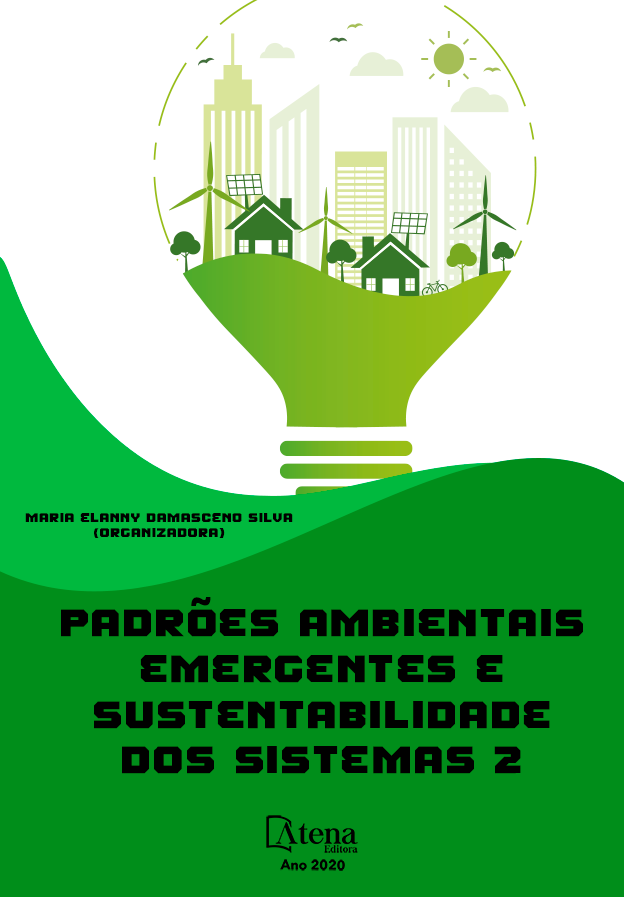
INSTRUMENTO DE PAGAMENTO POR SERVIÇOS AMBIENTAIS (PSA): EXPERIÊNCIA NO PROJETO “FLORESTA PROTETORA DE MANANCIAIS”
O instrumento de pagamento por serviços ambientais (PSA) é um mecanismo voltado exclusivamente para promover o financiamento da proteção e restauração ambiental como forma de complementar e reforçar as regulações existentes. Sendo assim, o trabalho objetivou mostrar os resultados da experiência executada no Projeto Floresta Protetora de Mananciais. O Projeto foi implantado na Unidade de Conservação de Proteção Integral do Parque Estadual do Bacanga, pela Secretaria de Estado de Meio Ambiente e Recursos Naturais (SEMA), no âmbito do Programa Maranhão Verde. O Projeto foi desenvolvido entre os meses de abril de 2019 e março de 2020 e contou com 262 famílias que já desenvolviam atividades de conservação e recuperação na área. As atividades foram executadas através de capacitações e trabalhos de campo, principalmente voltados à produção e plantio de mudas de espécies arbóreas/florestais. Os resultados mostraram que a iniciativa proporcionou elevado nível de recuperação das áreas degradadas do Parque; a elevação da renda e a melhoria das condições de vida da população envolvida e; comprovou que o pagamento por serviços ambientais (PSA) é um excelente mecanismo de desenvolvimento sustentável.
INSTRUMENTO DE PAGAMENTO POR SERVIÇOS AMBIENTAIS (PSA): EXPERIÊNCIA NO PROJETO “FLORESTA PROTETORA DE MANANCIAIS”
-
DOI: 10.22533/at.ed.4712005119
-
Palavras-chave: Unidade de conservação. Áreas degradadas. Recuperação.
-
Keywords: Consevation unit. Degraded areas. Recovery.
-
Abstract:
The instrument for payment for environmental services (PES) is a mechanism aimed exclusively at promoting the financing of environmental protection and restoration as a way of complementing and reinforcing existing regulations. Thus, the work aimed to show the results of the experience carried out in the Protective Water Source Project. The Project was implemented in the Integral Protection Conservation Unit of Bacanga State Park, by the State Secretariat for the Environment and Natural Resources (SEMA), within the scope of the Maranhão Verde Program. The Project was developed between the months of April 2019 and March 2020 and had 262 families that were already carrying out conservation and recovery activities in the area. The activities were carried out through training and fieldwork, mainly aimed at the production and planting of tree / forest species seedlings. The results showed that the initiative provided a high level of recovery for the degraded areas of the Park; raising income and improving the living conditions of the population involved and; proved that payment for environmental services (PES) is an excellent mechanism for sustainable development.
-
Número de páginas: 14
- Vitória Karla de Oliveira Silva
- Rayanne Soeiro da Silva
- Leandro Silva Costa
- Kamila de Jesus Silva Sousa
- Adriano Nascimento Aranha
- Stephen Santos Caldas
- Claudio Marcos Carneiro Cutrim
- Adriely Sá Menezes do Nascimento
- Gabriel Silva Dias
- Karlene Fernandes de Almeida
- Werly Barbosa Soeiro


